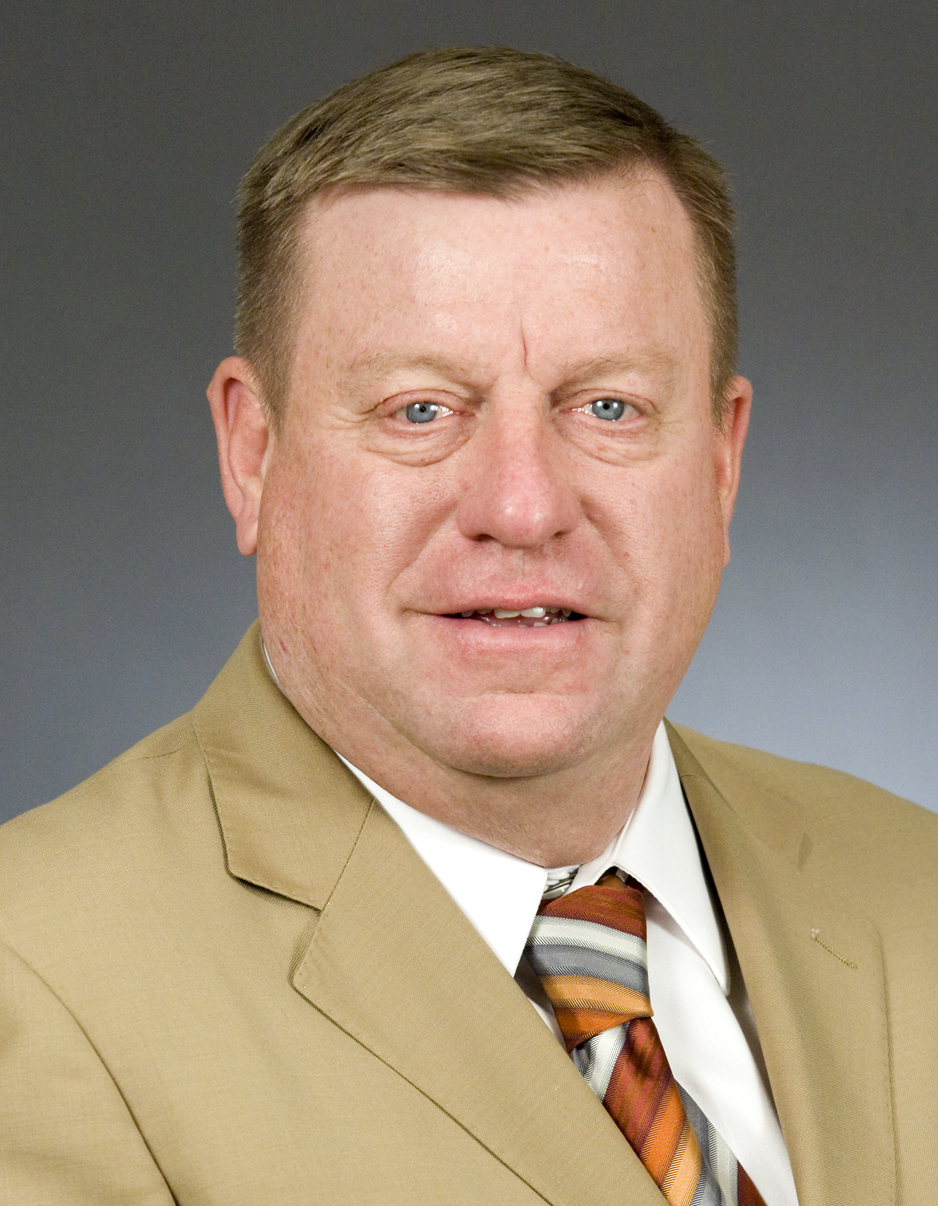This quarter, Ag Innovation News highlights one of its newest board members, Rep. Mike Sundin. In addition to his role on the Board of Directors, Rep. Sundin is also the chair of the Minnesota House Agriculture Finance and Policy Committee. Read on to learn more about his background and goals for
the future.
AIN: Please tell our readers a little about your background.
MS: I was fortunate enough to have been raised on a family farm in Cucina county where my father and his father established a small but vibrant dairy operation. This farm was homesteaded in 1898 by my grandfather. After leaving the farm I entered the construction industry and enjoyed a productive career in the Duluth, Minnesota area. In 2012, the opportunity arose for me to run for the legislature, and I grasped it with both hands, knowing the impact that the legislature can make on Minnesotans’ lives. My wife Teresa and I have raised three children who are now productive members of society.
AIN: What do you think is the biggest challenge faced by farmers today?
MS: As the new chair of the agricultural finance and policy committee in the House of Representatives, I realized many challenges that Minnesota agriculture faces every day. While serving in the legislature, I have responded to the needs of farmers in times of disaster, for example the avian influenza epidemic and the dairy barns collapsing that crippled the industry a couple of years back. The importance of maintaining a reliable and pure food source for domestic consumption and meeting the demands of export to other nations must be maintained. We certainly know that we can produce a lot of products, but it must be high-quality. Threats from influences we cannot control, such as energy prices and possibly transportation interruptions, could surface at any time.
AIN: How can Minnesota best support its agricultural industry?
MS: I believe that the Minnesota legislature should support agriculture in a couple of different ways. Firstly, fostering locally grown markets would enable smaller operations to provide good healthy food choices throughout the state; this should be a focus of the legislature. Secondly, the marketplaces that provide opportunity for the large operations to produce the bulk of the food for not only Minnesota, but the rest of the world, need constant attention. Stability and predictability in these markets are key to success for the commodities we export.
AIN: What are your goals as a new board member?
MS: As one of the newest members of the AURI board, I am focused on learning as much as I can about the mission of the board and how to fulfill these objectives. I am very proud to say that I have already embarked on some of the legislative efforts to supply AURI the means to follow through on initiatives, such as a meat scientist in one facility and some capital improvement projects that will help with the research and education available through the institute.
AIN: What goals do you hope to achieve in your current term within the Minnesota Legislature?
MS: I have always maintained that the best healthcare, education opportunity, social programming, and crime prevention is achieved through meaningful employment for as many Minnesotans as possible. If idle hands are required by evil spirits, I maintain we should keep as many people employed as possible in as many fields as possible. My hope is that every legislator, urban or rural, recognize this and work to keep their constituents gainfully employed.

